When you think of mangos, your mind probably goes straight to their sweet, juicy flesh. They’re one of the most popular tropical fruits in the world, with global production topping 55 million tons each year. But here’s a surprising fact: while mangos are celebrated everywhere, their leaves—often discarded or ignored—are packed with unique compounds that may offer remarkable health benefits.
In traditional medicine, particularly in Ayurveda and Chinese herbal practices, mango leaves have been used for centuries to support digestion, balance blood sugar, and even calm the nervous system. Yet most people who enjoy the fruit have no idea of the wellness potential hidden in its leaves. Imagine making a simple tea from mango leaves that helps regulate your metabolism or soothe stress after a long day. In this article, we’ll explore why mango leaves deserve more attention, what science and tradition reveal about their benefits, and practical ways you can use them safely at home.
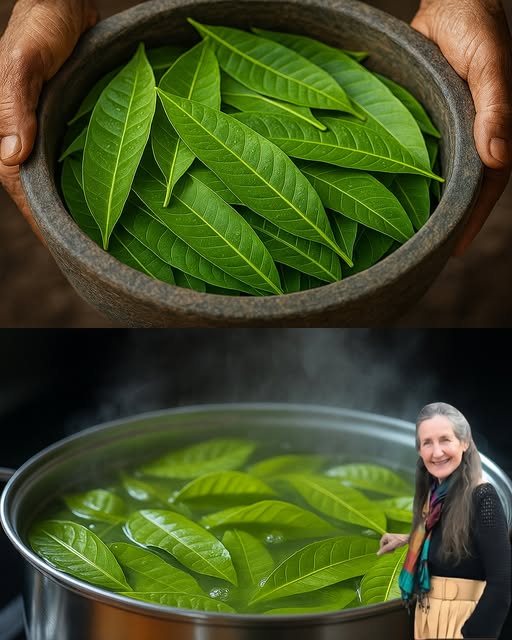
Mango Leaves in Traditional Medicine
Mango trees (Mangifera indica) are deeply rooted in cultural and medicinal history. Ancient Ayurvedic texts describe mango leaves as a natural aid for conditions like respiratory issues, digestive imbalance, and high blood pressure. In rural parts of Asia, households still prepare mango leaf tea as a daily tonic.
Modern phytochemical studies show that mango leaves contain polyphenols, flavonoids, tannins, and mangiferin, a bioactive compound known for its antioxidant and anti-inflammatory properties. These elements explain why the leaves continue to intrigue researchers exploring natural solutions for chronic conditions.
7 Science-Backed Benefits of Mango Leaves
1. Blood Sugar Management
Mango leaves are traditionally used to help regulate glucose levels. Research suggests compounds like mangiferin can improve insulin sensitivity and lower blood sugar spikes after meals. For people managing type 2 diabetes, mango leaf tea is often cited as a natural complementary remedy.

2. Heart and Circulation Support
Flavonoids in the leaves may help reduce oxidative stress on blood vessels, supporting healthy circulation. Some studies suggest mango leaf extracts can lower LDL cholesterol and blood pressure, both key factors in cardiovascular health.
3. Digestive Aid
Drinking mango leaf tea may help ease indigestion, constipation, and stomach cramps. Its natural compounds act as mild astringents, soothing irritation in the digestive tract.
4. Anti-Inflammatory Effects
Thanks to mangiferin and quercetin, mango leaves may help reduce inflammation, supporting people with arthritis, joint pain, or mild skin irritations.
5. Immune System Support
With high levels of antioxidants, mango leaves fight free radicals that weaken immunity. Regular use may help the body better defend against infections.
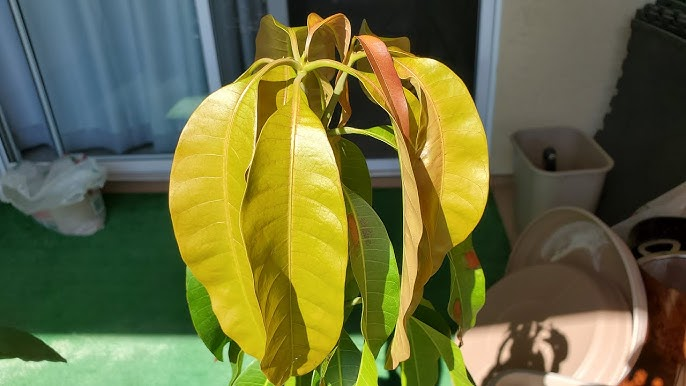
6. Calming the Nervous System
In some traditions, mango leaves are steeped in water overnight and sipped in the morning to reduce stress and anxiety. Their soothing effect makes them a natural choice for relaxation.
7. Respiratory Wellness
Herbal practitioners often recommend mango leaf infusions for mild respiratory concerns such as coughs, asthma, or bronchitis. The leaves are thought to calm irritated airways.
How to Use Mango Leaves Naturally
Mango leaves can be incorporated into your wellness routine in several simple ways.
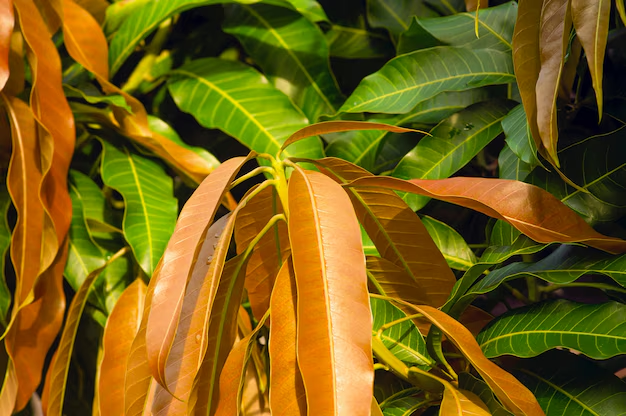
Mango Leaf Tea
- Wash 5–10 fresh or dried mango leaves.
- Boil them in 2 cups of water for 10 minutes.
- Strain and drink warm, once or twice daily.
Mango Leaf Infused Water
- Soak a few leaves in water overnight.
- Drink the infused water first thing in the morning to support metabolism.
Powder Form
- Dried mango leaves can be ground into powder and added to smoothies or herbal capsules.
Topical Applications
- Crushed fresh leaves are sometimes applied to minor skin irritations or insect bites.
Precautions
- Always consult a healthcare provider before starting herbal remedies, especially if you’re pregnant, breastfeeding, or taking medication.
- Avoid overconsumption; moderation is key to prevent digestive upset.
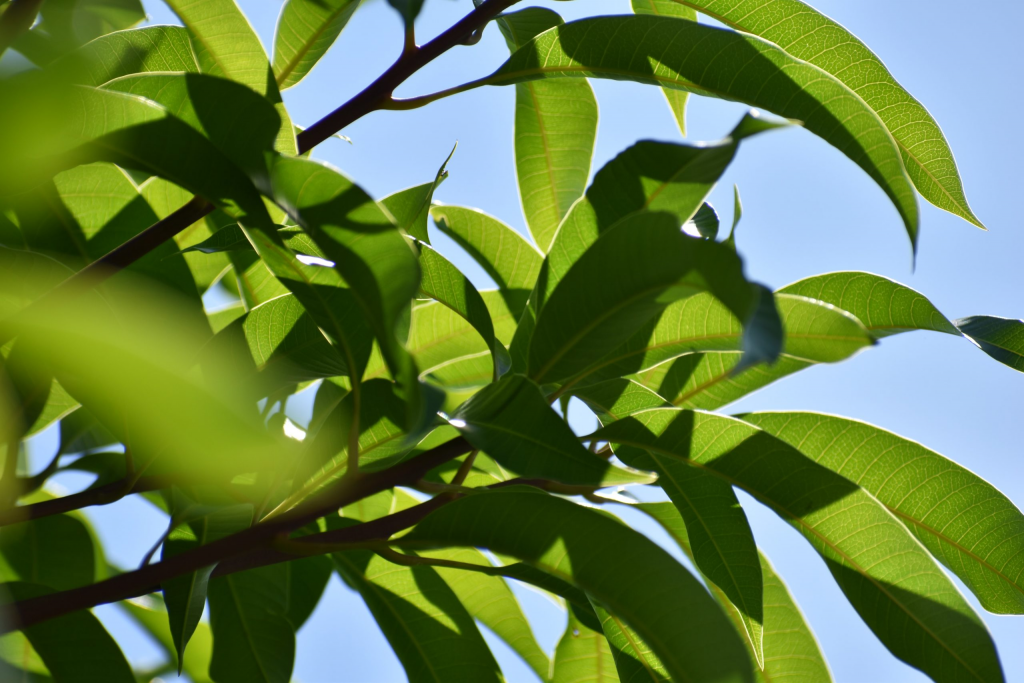
Quick Comparison Table
| Benefit | Key Compound | Best Form of Use |
|---|---|---|
| Blood Sugar Balance | Mangiferin | Tea, infused water |
| Heart Health | Flavonoids | Tea, powder |
| Digestion | Tannins | Tea |
| Anti-Inflammation | Quercetin | Tea, powder |
| Immunity | Antioxidants | Tea, infused water |
| Stress Relief | Polyphenols | Infused water |
| Respiratory Support | Mangiferin | Tea |
Real-Life Example
Lina, a 52-year-old teacher, struggled with post-meal blood sugar spikes. A friend introduced her to mango leaf tea, a drink she had never heard of despite loving mangos her whole life. Within weeks of replacing her afternoon coffee with mango leaf tea, Lina reported steadier energy and fewer sugar crashes. While she still follows her doctor’s advice and medication plan, she now sees mango leaves as a small but valuable part of her health routine.
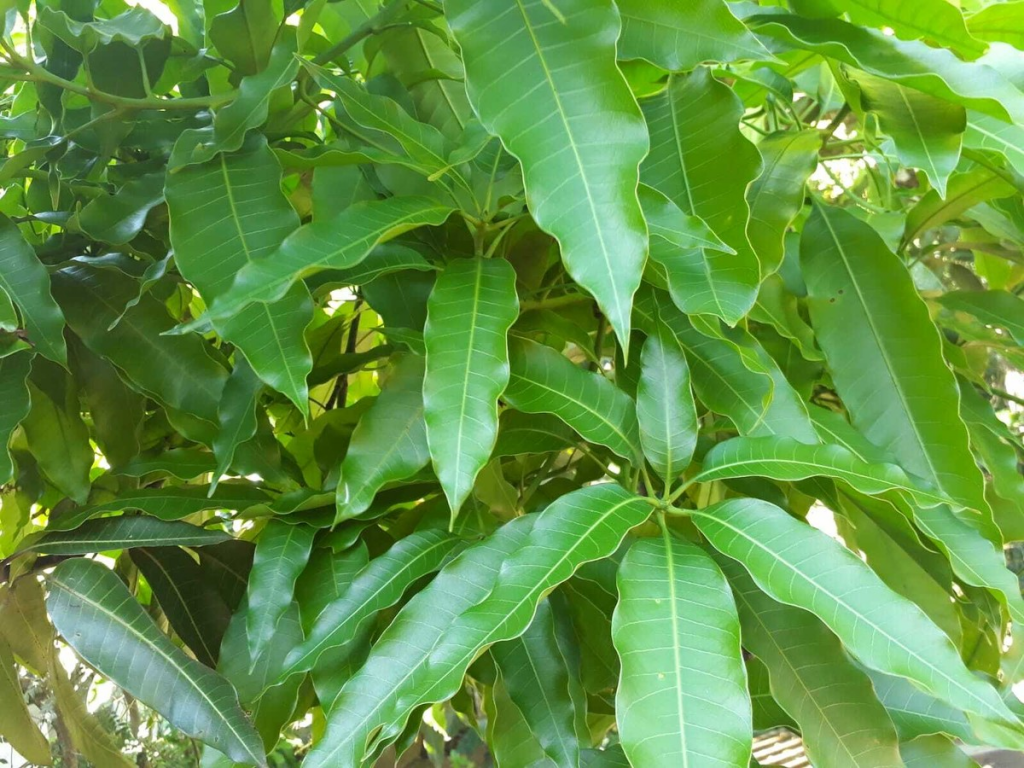
Conclusion
Mango leaves may not get the same spotlight as the fruit, but their benefits are hard to ignore. From supporting blood sugar control to calming stress and improving digestion, they have been quietly used in traditional medicine for generations. With simple methods like teas or infusions, you can tap into their potential and bring a forgotten superfood into your daily life.
Frequently Asked Questions (FAQ)
Can mango leaves cure diabetes?
No, they can support blood sugar balance but are not a cure. Always follow medical advice.
Are mango leaves safe to drink daily?
Yes, in moderation. A cup of tea or infused water daily is generally considered safe.
Do mango leaves have side effects?
Overuse may cause digestive upset. Stick to moderate amounts and consult your doctor if you have chronic conditions.
Disclaimer: This article is for informational purposes only and does not replace professional medical advice, diagnosis, or treatment. Always consult with a qualified healthcare provider before adding new herbal remedies to your health plan.




